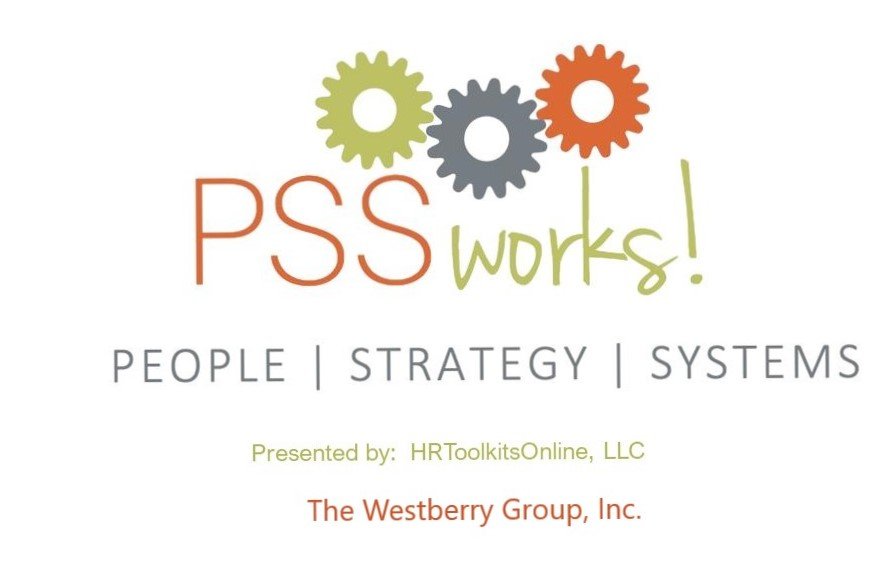You've Got the Legs!
For 2019, Elizabeth and I have declared, “It’s time to get back to HR basics!”
And what better place to start than at the beginning…finding the right person for the job!
But, to do this, I have to say a dirty word or two…so here goes…Job Analysis.
Without putting these most dreaded words at the top of any hiring manager’s task list, I would be accused of starting the story in the middle or forgetting the eggs in a 'ham and eggs' breakfast. But, before we get into the mechanics of figuring out who we’re looking for, I want to share a little story about me.
Back in the olden days, before I started in HR, I applied for a job as Food Service Trainer for a major company. I had no experience working in a restaurant or as a trainer but being young and confident (you can read that as “foolish”) I thought, what the heck, I’ve worked for a couple of years as a flight attendant…I should be able to do this job.
Shortly after I applied, I met with the area District Manager and much to my amazement, I was hired! Let me tell you, it wasn’t the piece of cake job I thought it would be. It was hard work, but I learned quickly. And if I say so, I did a pretty decent job.
Not too long after I got my first promotion, I got up the nerve to ask the man who hired me, why in the world he picked me when he had a lot more experienced people to choose from. His reply surprised me and shaped the way I’ve looked at analyzing jobs since.
Here’s what he said…
“If you really want to find the right person for the job, look at what makes your best worker the best.” He said, “Take a look at your supervisor. She’s really good at her job. The employees and the customers love her. She’s smart, she thinks on her feet, she adapts to change quickly, and she has really strong legs.” He said that he thought if I could serve food at 30,000 feet and walk for hours in high heels, I could do the Food Service Trainer job.”
Here’s the important lesson I learned from all those years ago:
Figure out what makes your best worker the BEST.
Is it because they are quick and think on their feet, or is it because they are thorough and methodical? Do they understand the basics of the job and adapt to the situation, or do they prefer to follow a set of processes? Do they have the physical and mental stamina to do the job well? What’s the most important thing about this worker that makes him/her the best?
Even if this is a new position that you’re looking to fill, this question still applies, because we’re not talking about job experience or even skill-sets. We’re talking about what makes this person a “good fit” for the job.
Determine how much time you can afford to lose while your candidate learns.
Do you have time to spend training the person, or do they need to hit the ground running? Will you or someone else be there to oversee their work, or will they be pretty much on their own? Is being independent an important trait, or is being a follower better? Do they learn quickly, or do they need time? Being honest about how quickly you need the person to acclimate to the job and the expectations is key to their success and yours.
Watch the best person you know do the job. Don’t have one? Try doing the job yourself.
Is what you’re looking for consistent with what you’re expecting of your new hire? Are there parts of the job that are easily overlooked? Are there special skills or behaviors that need to be a natural trait present from the start, or can they be learned over time? Sometimes, someone who has never done the job fails to identify some critical job element that makes it impossible to succeed.
OK, so back to my story. After the District Manager shared his philosophy about hiring, I thanked him and started to walk away. As I got up, he called out, “Don’t you want to know exactly why I picked you?” I looked puzzled and said, “Yes, I guess so.” He laughed and said, “Besides the fact that you rang the bell on all of my key questions, and I know that being a flight attendant is hard work because I married one…you had the legs.”
I often wondered what he meant by that last remark, but at the end of the day, his three key questions still hold true for me. Analyzing the critical components of what makes a person right for the job will never be easy, but failing to figure it out before you hire spells failure for everyone
Next time, we’ll talk about writing it all down…those other dirty words!

